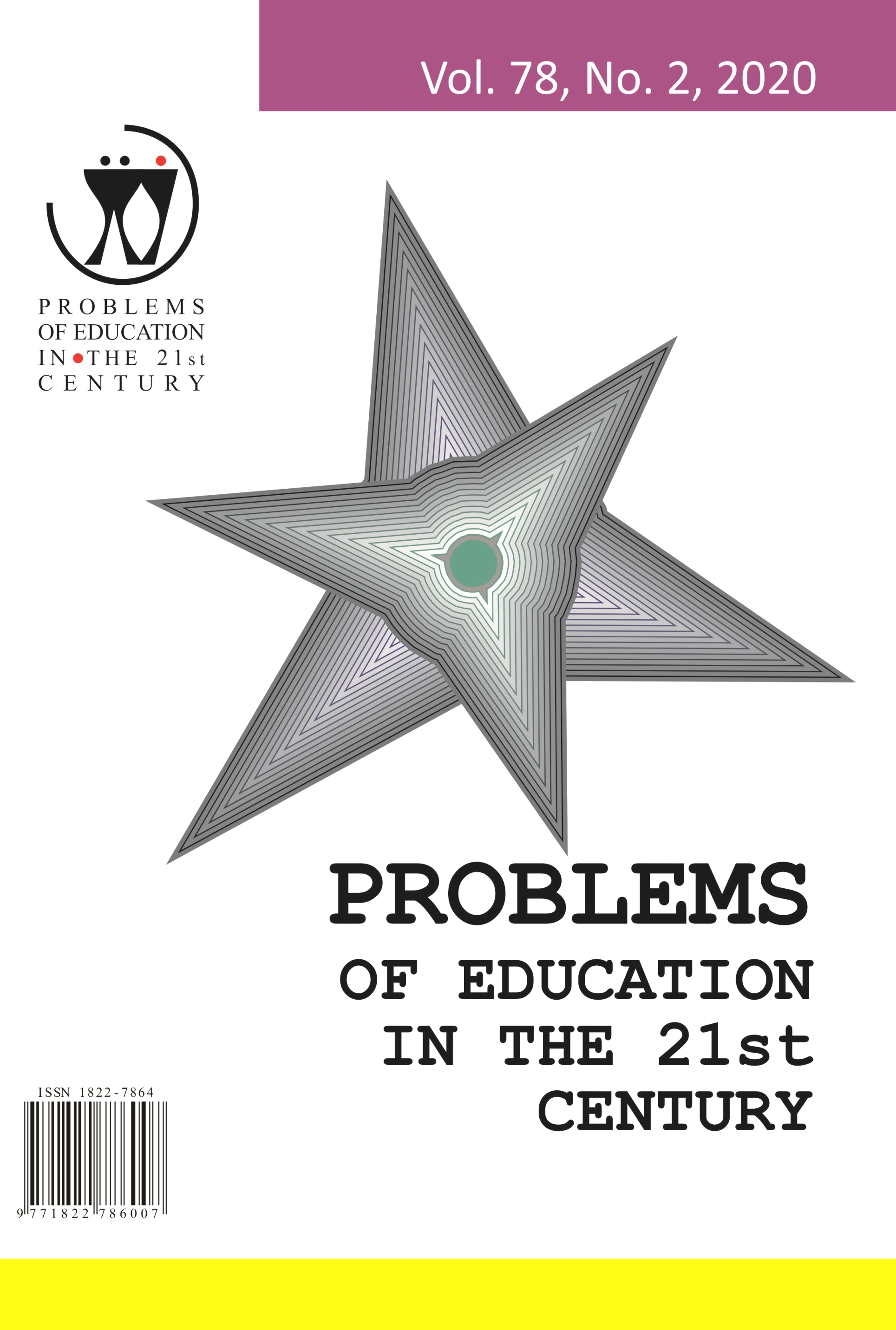THE EFFECT ON STUDENTS’ ARITHMETIC SKILLS OF TEACHING TWO DIFFERENTLY STRUCTURED CALCULATION METHODS
THE EFFECT ON STUDENTS’ ARITHMETIC SKILLS OF TEACHING TWO DIFFERENTLY STRUCTURED CALCULATION METHODS
Author(s): Margareta Engvall, Joakim Samuelsson, Rickard ÖstergrenSubject(s): Education, School education
Published by: Scientia Socialis, UAB
Keywords: arithmetic skills; decomposition method; intervention study; mathematics education; traditional algorithm; written calculation;
Summary/Abstract: Mastering traditional algorithms has formed mathematics teaching in primary education. Educational reforms have emphasized variation and creativity in teaching and using computational strategies. These changes have recently been criticized for lack of empirical support. This research examines the effect of teaching two differently structured written calculation methods on teaching arithmetic skills (addition) in grade 2 in Sweden with respect to students’ procedural, conceptual and factual knowledge. A total of 390 students (188 females, 179 males, gender not indicated for 23) were included. The students attended 20 classes in grade 2 and were randomly assigned to one of two methods. During the intervention, students who were taught and had practiced traditional algorithms developed their arithmetic skills significantly more than students who worked with the decomposition method with respect to procedural knowledge and factual knowledge. These results provided no evidence that the development of students' conceptual knowledge would benefit more from learning the decomposition method compared to traditional algorithm.
Journal: Problems of Education in the 21st Century
- Issue Year: 78/2020
- Issue No: 2
- Page Range: 167-195
- Page Count: 29
- Language: English

